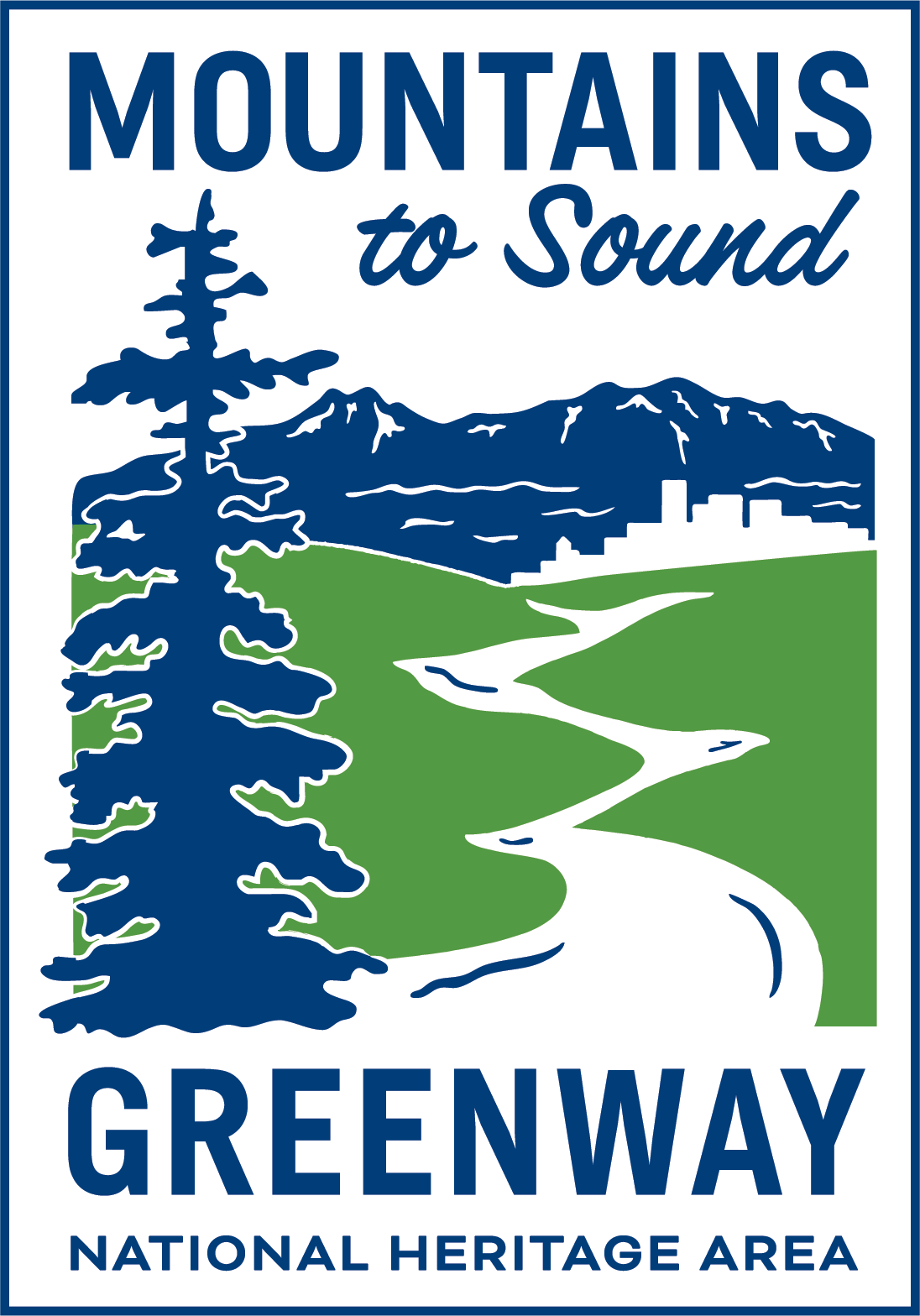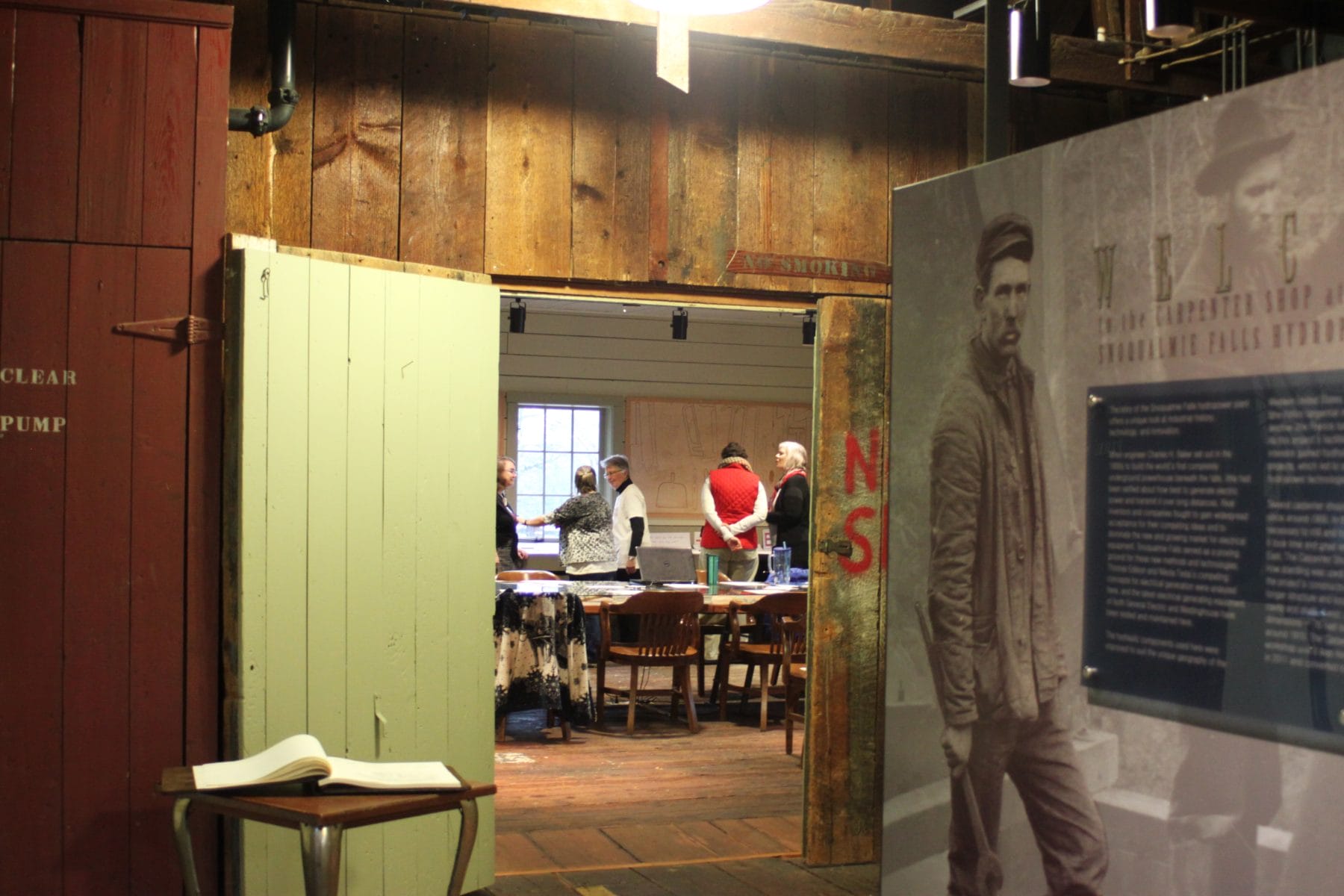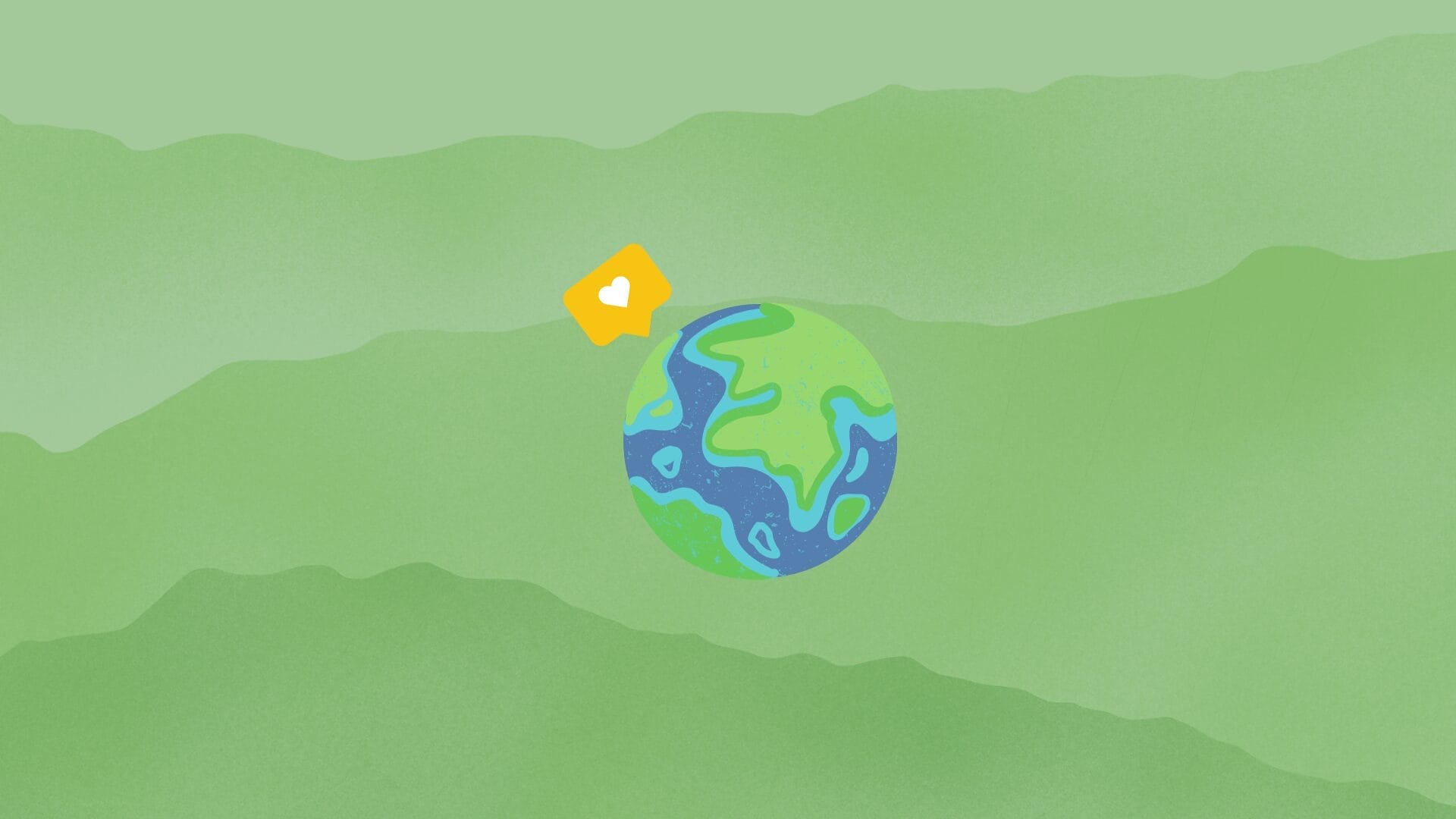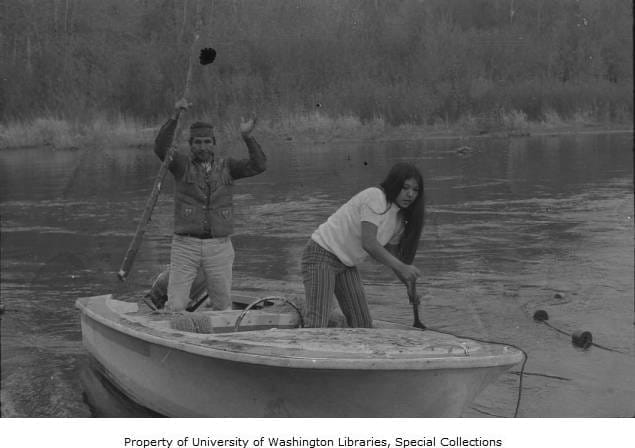Connecting to Our Snoqualmie Valley Heritage
The Snoqualmie River Valley is steeped in rich heritage that goes back thousands of years and is still evident today. Since time immemorial, the Snoqualmie People lived in and around the Snoqualmie Valley hunting deer and elk, fishing for salmon, and gathering berries and wild plants for food and medicine. Today, the Snoqualmie Tribe continues to work to conserve the land and water of the Snoqualmie river basin through their restoration and water quality programs.
When American westward expansion brought settlers in the 1860s, they introduced logging and large-scale agriculture, and built roadways and trail routes to connect the Valley with Puget Sound, the Cascade Mountains, and what is now Kittitas County. Today you can see how those industries shaped and continue to shape the Valley, whether you are visiting the Snoqualmie Valley lumber mill, the former railway that is now the Snoqualmie Valley Trail, or the Historic Carnation Farm.
However, the Valley is facing several significant challenges to preserve and share the region’s history, including a lack of resources, a fragmented approach to preserving heritage, and lack of recognition of the value of local history.
In early November, the new Snoqualmie Valley Heritage Summit brought together fifteen cultural heritage organizations from across the Valley to address these challenges. They focused on building collaborative ways to better promote heritage and create increased engagement of all ages and abilities in cultural and heritage sites and activities
The heritage groups identified five main needs: a Valley-wide heritage promotion program, coordinated outreach to schools, coordinated oral history collections, outdoor history adventure guide, and a heritage needs assessment.
Valley-Wide Heritage Series: The new Savor Snoqualmie Valley initiative can serve as a promotional tool to raise more awareness about heritage across the Valley. Savor Snoqualmie Valley can help promote heritage events and activities happening across the Valley, run by all the different heritage organizations.
Coordinated Outreach to Schools: Many heritage groups want to reach out to students and schools, but are not accustomed to doing so. The first step will be to determine the state standards that align with Snoqualmie Valley history, and then help develop a curriculum framework that can be used by local schools. Another idea was for several of the heritage groups to collaborate on building a school outreach program.
Coordinated Oral History Program: Heritage groups need to compile a literature review to determine existing resources, develop a framework for student participation, and create a list of local residents who should be interviewed to ensure our community’s oral history is carried forward.
Outdoor History Adventure Guide: The idea was created to have multiple heritage organizations come together to develop an interactive, self-guided adventure that involves history and the outdoors. As a first step they’d like to identify themes that would tie multiple organizations together.
Heritage Skills Database: Another key need that was identified was the desire for each heritage organization to expand their skills (i.e. working with schools, using social media, etc.). As a first step this group would like to do a needs assessment, as well as a skills assessment to help match up groups needs with other groups’ skills.
Participants also voiced concerns around lack of time, lack of members and officers, and lack of resources and discussed how a coordinated Valley-wide effort could help each organization through cross-promotion and sharing of resources.
The event was coordinated by Savor Snoqualmie Culture, a group that focuses on promoting cultural heritage and art in the Snoqualmie Valley. Savor Snoqualmie Culture is a sub-initiative of Savor Snoqualmie Valley an emerging Valley-wide effort to celebrate and promote the local food and farms, arts and culture, heritage, outdoor activities, and independent businesses of the Snoqualmie Valley.
Savor Snoqualmie Culture meets monthly and will be exploring the next steps for the needs that were identified at the Heritage Summit. Contact Jennifer McKeown to learn more and get involved.





